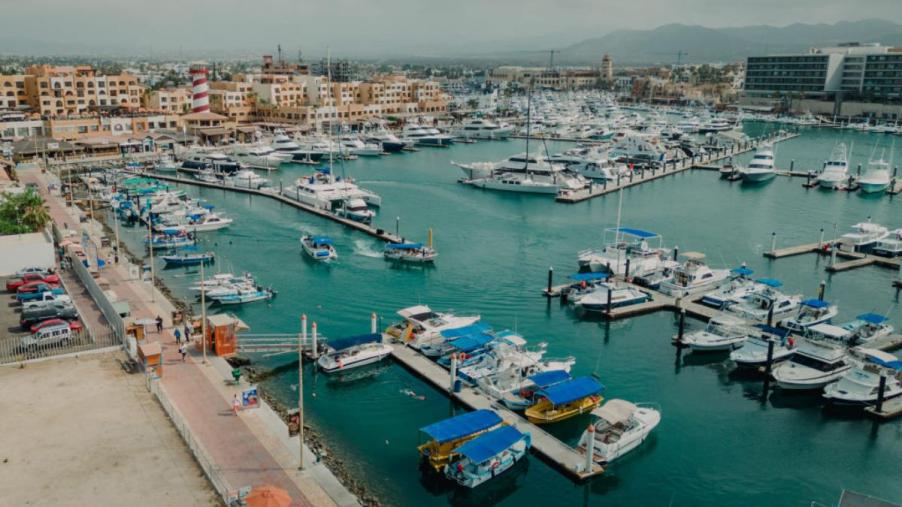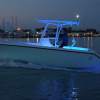
3 Big Differences Between Boating in Freshwater vs. Saltwater
There are a lot of similarities in terms of owning a boat and owning a car, but there are some major differences between the two, too. One of the biggest differences is the fact that boats are typically designed for either freshwater or for saltwater, and there isn’t anything comparable for cars. In fact, there are many differences between boating in freshwater compared to saltwater, and here’s a look at three of those differences.
1. The conditions are more difficult in saltwater compared to freshwater
One of the main differences simply comes down to the territory. Freshwater refers to the water in the rivers and lakes, while saltwater refers to the water in the oceans. While different rivers and lakes and oceans vary a lot in their roughness and condition, as a general rule of thumb, oceans are more difficult.
The ocean is usually much rougher than a lake or a river, and that can cause issues for the boat and also the people on the boat. Not only is the ocean rougher, but it’s also more unpredictable. As such, it’s tougher for boaters to plan ahead for their trip if they’re going to the open seas compared to if they took their boat to a lake.
While the ocean is a more difficult environment to navigate, it can also be more rewarding. After all, 70% of the earth’s surface is the ocean, and that allows a properly-equipped boat to have many options in terms of where the boat can go and what it can do. And of course, open-ocean fishing is a more unique hobby compared to fishing in a lake or a river due to how much more fish there are in the oceans.
2. Saltwater causes heavier corrosion to boats than freshwater does
However, there are a lot of drawbacks to boating in saltwater compared to freshwater, and a lot of that comes down to the environment but also the design of the boats. Some boats were designed for freshwater use, and they do not work well in saltwater. This mostly comes down to what saltwater is, and what it does to boats.
Like the name implies, saltwater has more salt in it than freshwater does. That salt is corrosive to metal, and in fact, saltwater corrodes metal 10 times faster than freshwater does. That corrosion can do some serious damage to the boat’s hull, but also its engine and electronics.
As such, it’s not a good idea to take a freshwater boat out to the ocean for too long, as the saltwater can do a lot of damage to the boat. On the flip side, since freshwater doesn’t have this corrosion issue, boats that were designed for saltwater can handle freshwater just fine in most cases. That said, proper boat maintenance can prolong the life of most boats, even if it’s being used in saltwater.
3. Freshwater and saltwater can create unique maintenance issues too
There are some unique maintenance needs depending on where the boat spends its time, though. Freshwater may not corrode the hull, but if boat owners store their boat in freshwater for a few years, then the hull can develop blisters. Formula Boats explains that this tends to happen because of the gel coat absorbing water.
Boat owners who store their boat in saltwater have a different issue to think about. Barnacles and algae can form on the hull when the boat is spending a lot of time in saltwater. This can damage the hull, and it can also make the boat slower.
There are other minor differences you’ll find with experience, but for most boaters the main difference comes down to the corrosive properties of saltwater.



